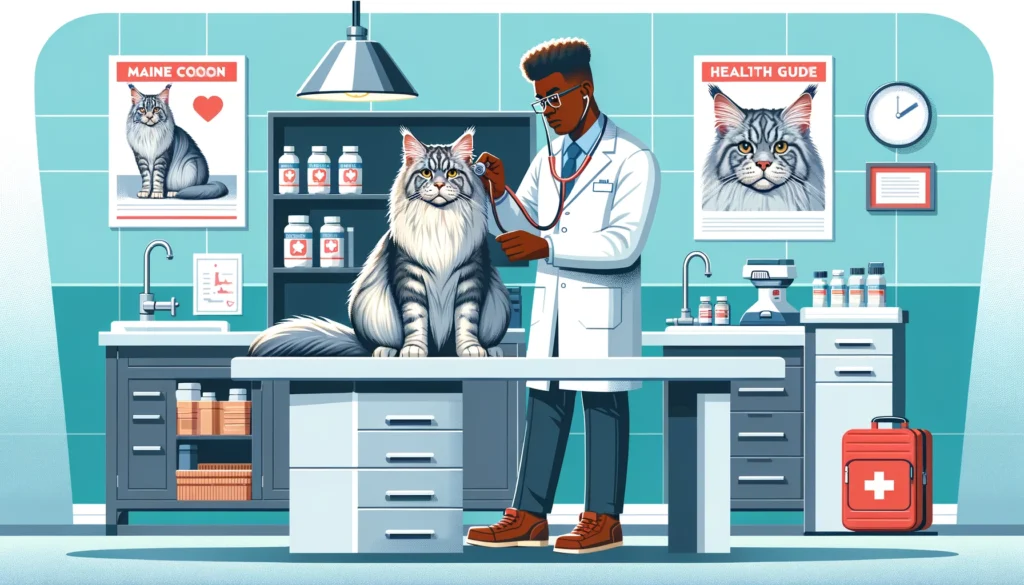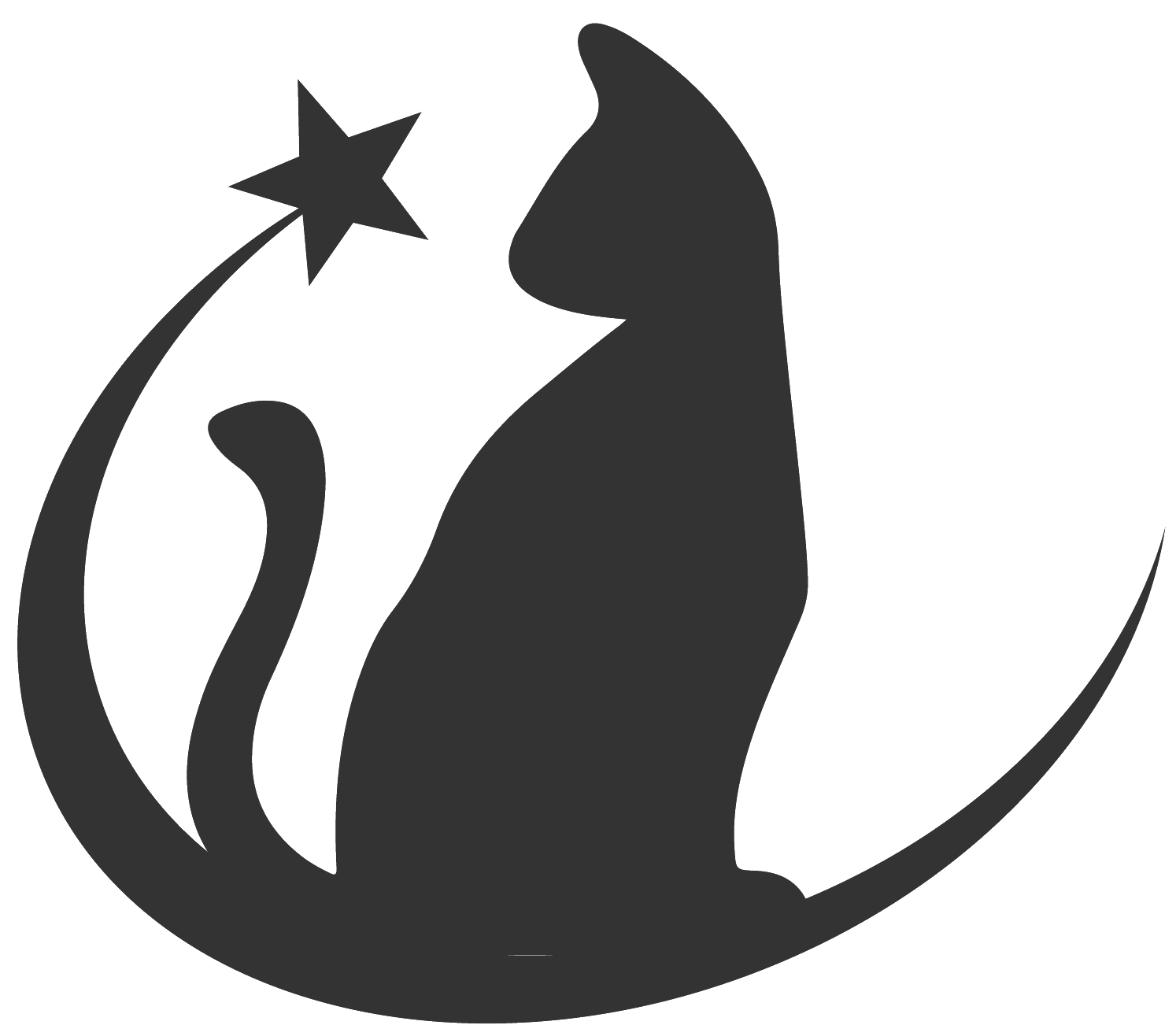
Maine Coon cats are one of the most popular and beloved breeds in the world. Known for their large size, tufted ears, and friendly personalities, they are a favorite among cat enthusiasts. However, like any breed, Maine Coon cats have specific health needs that require attention to ensure they live long, healthy lives. This comprehensive guide covers all aspects of Maine Coon cat health, from diet and exercise to common health issues and preventive care.
Understanding the Maine Coon Breed
Origins and History
The Maine Coon cat is one of the oldest natural breeds in North America, with a history steeped in mystery and folklore. Originating in the northeastern United States, specifically Maine, these cats were known for their mousing abilities and rugged adaptability to harsh climates. Their history is filled with tales of seafaring cats and barn dwellers, making them a truly unique breed with a robust genetic background.
Physical Characteristics
Maine Coons are one of the largest domesticated cat breeds, with males typically weighing between 13 to 18 pounds and females weighing between 8 to 12 pounds. They have long, shaggy fur that is water-resistant, tufted ears, and bushy tails. Their distinctive appearance is not just for show; it helps them survive in colder climates. Understanding these physical traits is crucial for providing appropriate care and addressing any breed-specific health concerns.
Common Health Issues in Maine Coon Cats
Hip Dysplasia
One of the more common health issues in Maine Coon cats is hip dysplasia, a genetic condition where the hip joint doesn’t fit properly into the hip socket. This can lead to arthritis and mobility issues. Early diagnosis and treatment are vital. Symptoms include limping, difficulty jumping, and noticeable pain. Treatments range from weight management and physical therapy to surgical interventions in severe cases.
Hypertrophic Cardiomyopathy (HCM)
Hypertrophic cardiomyopathy is a heart condition often found in Maine Coon cats. It causes the heart muscle to thicken, which can lead to heart failure. Regular veterinary check-ups, including echocardiograms, are essential for early detection. Symptoms may include lethargy, rapid breathing, and open-mouth breathing. While there is no cure, medication can help manage the condition and improve the quality of life.
Spinal Muscular Atrophy (SMA)
SMA is a genetic disorder affecting the spinal cord’s motor neurons, leading to muscle weakness and atrophy. Although it does not cause pain, it impacts mobility. Genetic testing can identify carriers of the disease. Cats with SMA often require special care to ensure they live comfortable lives despite their condition.
Dental Disease
Maine Coon cats are prone to dental issues, including gingivitis and periodontal disease. Regular dental care, including brushing and professional cleanings, is crucial. Symptoms of dental disease include bad breath, drooling, and difficulty eating. Untreated dental issues can lead to more severe health problems, so early intervention is important.
Obesity
Due to their large size, Maine Coon cats are at risk of obesity, which can exacerbate other health problems like diabetes and arthritis. A balanced diet and regular exercise are essential to maintain a healthy weight. Obesity can be managed through portion control, regular physical activity, and consulting with a veterinarian for a tailored diet plan.
Preventive Health Care
Regular Vet Check-ups
Routine veterinary visits are essential for early detection and management of health issues. Annual check-ups should include a physical examination, dental check, and necessary vaccinations. Early detection of diseases can significantly improve treatment outcomes and quality of life for your Maine Coon cat.
Vaccinations
Keeping up with vaccinations is crucial to prevent common feline diseases such as feline leukemia, feline immunodeficiency virus (FIV), and rabies. Your veterinarian will provide a vaccination schedule tailored to your cat’s needs. Vaccinations help protect your cat from potentially life-threatening illnesses and are a key component of preventive healthcare.
Diet and Nutrition
Balanced Diet
Maine Coon cats require a balanced diet rich in protein to support their large muscles and active lifestyle. High-quality cat food that lists meat as the primary ingredient is ideal. Avoid foods with excessive fillers and artificial additives. Consulting with your veterinarian can help determine the best diet for your cat’s specific needs.
Hydration
Adequate hydration is crucial for maintaining kidney health and overall wellness. Ensure your Maine Coon always has access to fresh water. Some cats prefer running water, so consider investing in a cat water fountain to encourage more frequent drinking.
Supplements
In some cases, dietary supplements can support your Maine Coon’s health. Omega-3 fatty acids can promote a healthy coat and skin, while joint supplements can help manage and prevent arthritis. Always consult your veterinarian before introducing any supplements to your cat’s diet.
Exercise and Mental Stimulation
Physical Exercise
Maine Coon cats are naturally active and playful. Providing opportunities for physical exercise, such as climbing trees, scratching posts, and interactive toys, is essential. Regular play sessions can help maintain a healthy weight and prevent boredom.
Mental Stimulation
Mental stimulation is equally important for Maine Coon cats. Puzzle toys, interactive feeders, and training sessions can keep their minds sharp. Engaging your cat in activities that mimic hunting behaviors can provide both physical and mental enrichment.
Grooming Needs
Brushing and Coat Care
Maine Coon cats have long, thick fur that requires regular grooming to prevent matting and hairballs. Brushing your cat’s coat several times a week can help remove loose fur and reduce shedding. A variety of grooming tools, such as slicker brushes and de-shedding tools, can be useful.
Nail Trimming
Regular nail trimming is important to prevent overgrowth and reduce the risk of scratches. Use cat-specific nail clippers and trim the tips of the nails every few weeks. If you’re unsure how to trim your cat’s nails, ask your veterinarian or a professional groomer for guidance.
Ear and Eye Care
Maine Coon cats can be prone to ear infections and eye issues. Regularly check your cat’s ears for signs of redness, discharge, or odor, and clean them with a vet-approved ear cleaner. Keep an eye on your cat’s eyes for any discharge or irritation, and consult your veterinarian if you notice any issues.
Special Considerations for Senior Maine Coon Cats
Aging and Health Changes
As Maine Coon cats age, they may experience changes in health and behavior. Regular veterinary check-ups become even more important to monitor for conditions such as arthritis, kidney disease, and hyperthyroidism. Adjustments in diet, exercise, and home environment can help accommodate the needs of senior cats.
Comfort and Mobility
Senior Maine Coon cats may have difficulty jumping or climbing. Providing ramps or steps to favorite resting spots can help. Orthopedic beds can offer additional comfort for aging joints. Monitoring your cat’s mobility and making necessary adjustments can improve their quality of life.
Common Myths and Misconceptions
Maine Coon Cats and Allergies
A common misconception is that Maine Coon cats are hypoallergenic. While they may produce fewer allergens than some other breeds, they are not truly hypoallergenic. Regular grooming and cleaning can help reduce allergens in your home.
Size and Health
Another myth is that Maine Coon cats’ large size automatically means they are healthy. While their size is a characteristic trait, it does not guarantee good health. Regular vet check-ups and proper care are essential to ensure they remain healthy.
FAQs
How often should I take my Maine Coon cat to the vet?
Regular veterinary check-ups are recommended at least once a year. Senior cats or those with health issues may require more frequent visits.
What is the best diet for a Maine Coon cat?
A balanced diet rich in protein and low in fillers is ideal. High-quality commercial cat food or a vet-approved homemade diet can meet their nutritional needs.
How can I prevent my Maine Coon cat from becoming obese?
Regular exercise and portion control are key. Engage your cat in daily play sessions and monitor their food intake to maintain a healthy weight.
What are the signs of hypertrophic cardiomyopathy in Maine Coon cats?
Symptoms include lethargy, rapid breathing, and open-mouth breathing. Regular vet check-ups and echocardiograms can help detect this condition early.
How do I groom my Maine Coon cat?
Regular brushing several times a week is necessary to prevent matting and reduce shedding. Additionally, trim their nails regularly and check their ears and eyes for any issues.
Is it normal for Maine Coon cats to be so large?
Yes, Maine Coon cats are one of the largest domesticated cat breeds. However, their size should be maintained with proper diet and exercise to avoid obesity.
Maine Coon cats are a delightful and unique breed that requires specific care to maintain their health and well-being. By understanding their common health issues, providing regular preventive care, and addressing their dietary and exercise needs, you can ensure your Maine Coon cat leads a long, happy, and healthy life. Regular veterinary visits, proper grooming, and a loving environment are key components in taking care of these gentle giants.
Sources:
